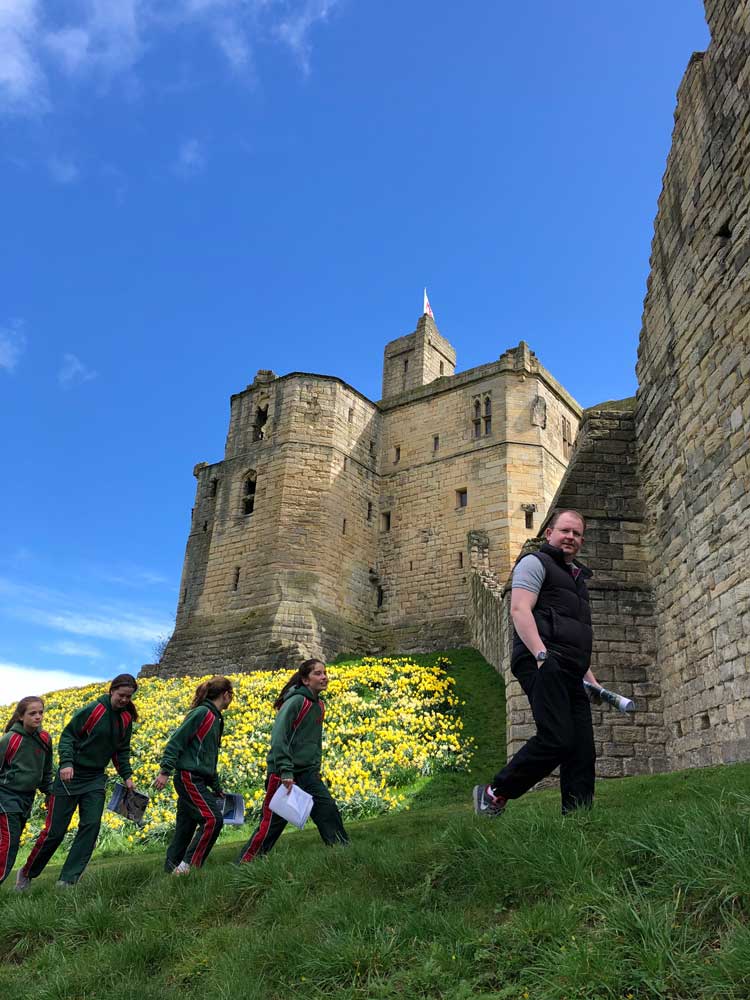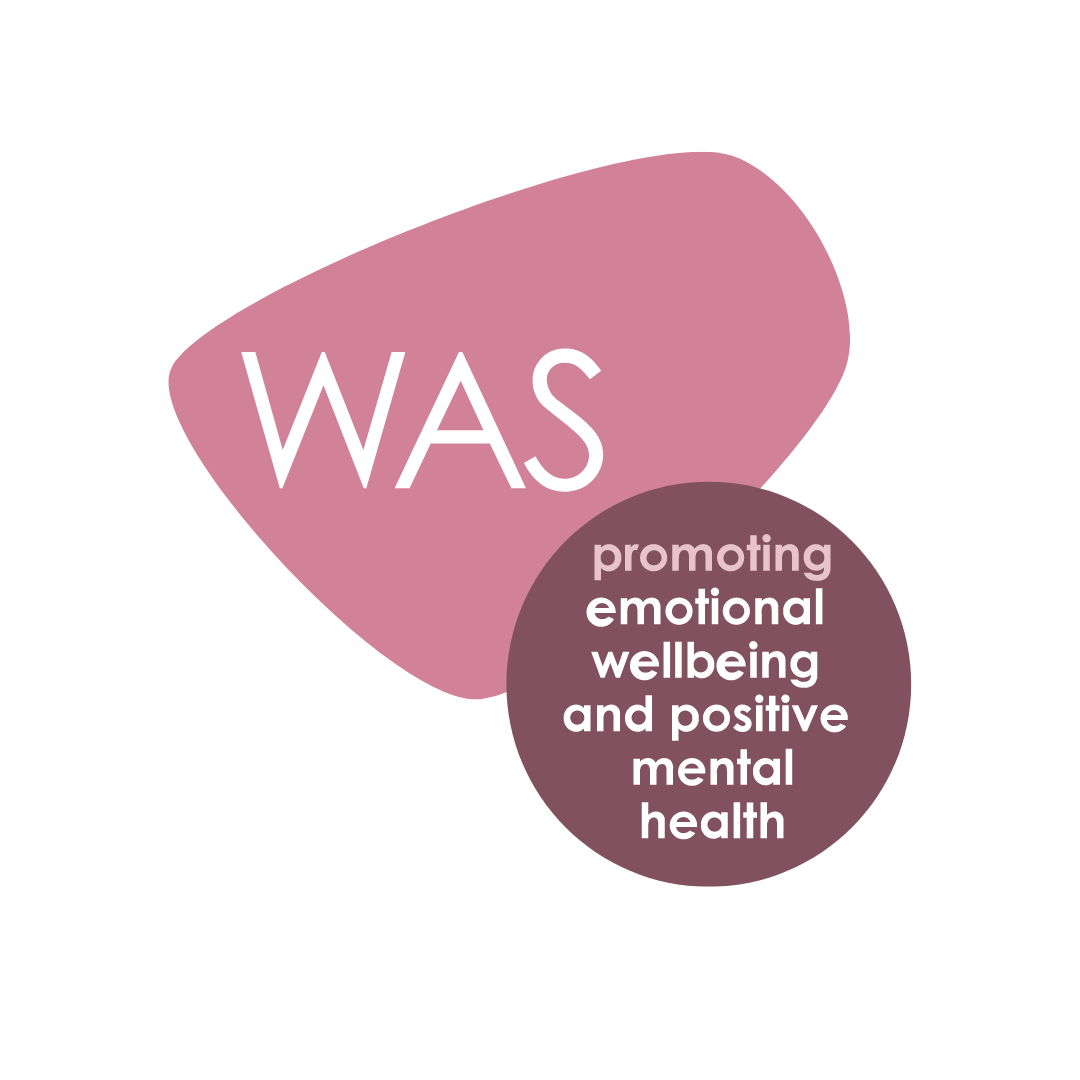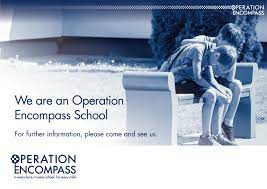History
History is often seen most simply as a presented and accepted story of the past. It is enjoyed as story full of colour, fascination, action and the occasional gory bit. Children love this vibrancy. When asked, the children often declare it as their favourite subject.
However, whilst all this is fine, children need more for a genuine historical education to occur. They need to build a worthwhile understanding of history as a construct. They need to know that the story of the past is told differently. They need to grasp that history is created from the evidence that remains. Sometimes this evidence is fragmentary or contradictory so we have to weigh it and test it for reliability. Historians have to find ways of making sense of this incomplete picture. They also have to make judgements about the accuracy of evidence from the past. All is not what it seems. If children are to make sense of their own world where newspapers tell different stories about the same events, using different evidence and for different audiences, they need practice at handling these contradictions. They need to know which questions to ask. If they are taught history well they will be given the necessary training to be open-minded and respectful of evidence in later life.
At Mowden, the pupils are taught that being a historian is like trying to complete a jigsaw puzzle. There are lots of pieces, not all from one box, and we don’t know where to place them. We have no lid to look at, with its nice clear picture of how the past was.

People attempting to create the same jigsaw may use some different pieces and make a different picture altogether. Children like the idea of being detectives, of hunting down clues and trying to solve a historical puzzle using the evidence available. To this end, there is a termly House History competition, on varying, often topical, themes, where the children need to go forth and find out for themselves.
Nevertheless, there remains a narrative story to tell and all the pupils require a framework of knowledge and understanding into which pupils can place new information. This applies particularly to chronological understanding. This sense of time and place allows Mowdenians to move through their senior schools’ History curriculum with confidence and a real appetite for the past.
So when we teach history at Mowden we always remember that there is a next stage which revisits some earlier knowledge. We need to prepare children for this by not trying to cram their heads full of too much information about the past, but rather try to build up their understanding of how a historian works.
Our greatest hope is that all pupils leave Mowden with a real interest in humans and their past. Their achievements, mistakes, wars, beliefs, passions and their everyday lives. We hope that Mowdenians, after their historical education, are better placed to make sense of the world around them, by asking questions and making informed decisions based upon clear thinking and evaluation. In this sense they can go into the world and ‘happen’ to it. Not sitting back and letting the world ‘happen’ to them.









